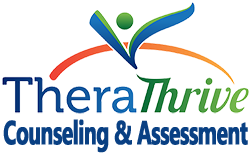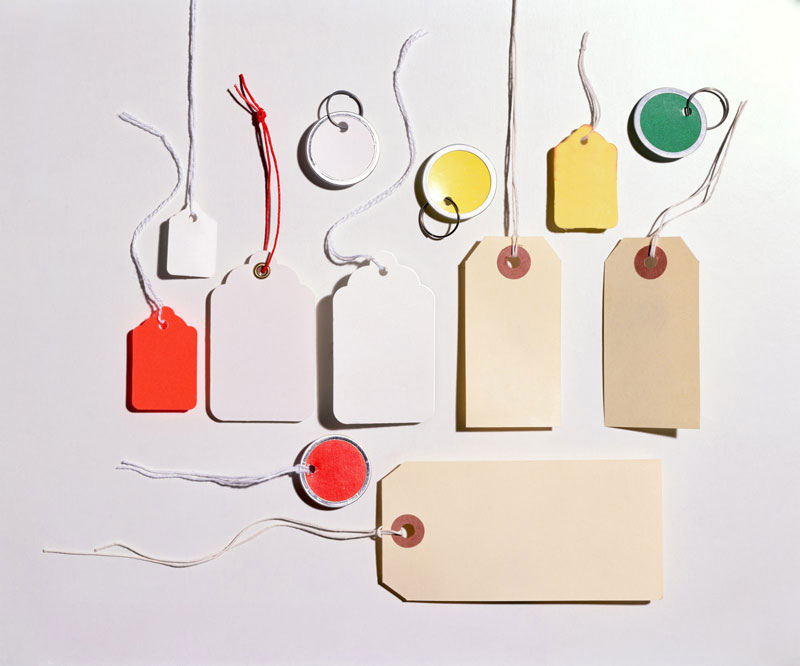Beginning to Explore Your Identity
Terms, Definitions, Labels—Do They Help?
Recently I was reflecting on how we can support those who begin to explore their gender and/or sexuality. I have noticed when working with families, individuals, and even couples, often the first step is learning the vast terms and definitions out there on different kinds of identities. Terms, labels, and definitions are so important to know, especially when working to support someone; the language we use lets them know that they are seen, accepted, and heard (especially when using and asking for their preferred name and pronouns).
When working with those who begin to question their identity, I educate them first on vocabulary, emphasizing that there are others like them and even those who have created their own term to describe themselves. If there is not a term for how they identify, I work with my client to create one if they please, acknowledging that their term may resonate with someone else. By doing this, the terms in our language are not only just words, but they symbolize community and connection.
At times I may hear back from some people that labels are not for them, which I honor and accept. I do want to point out that when I think of labels I do think of the term or definitions others place on a person, which can bring about feelings of shame and stigma.
The word label is defined by Merriam-Webster as “a word or phrase that describes or identifies something or someone,” with the example sentence even carrying a negative connotation as well, “Once you give people labels, it’s hard to see them as individual.” We should always work against the terms others might force and instead work to assert who you are, whether that is with using a term or not.
While I do believe labels can be harming, when speaking about those who are questioning their identity, often definitions, terms, and vocabulary can feel more comforting than one would suspect. In no way do I believe we should push labels onto others, but explore with those we care for about if the label is helpful or not. I work with my clients to find what is supportive for them, and explore how terms and definitions make them feel.
What I find most important in my work with those exploring their identity is helping clients advocate for themselves and work with their loved ones to advocate for them as well. We must ask people how they wish to be addressed, what terms they want used when we speak of their identity, and we must work to honor their requests as well. Honest and open communication is key.
If you are interested in learning about some terms and definitions within the LGBTQ+ community, check out the Gender Equity Resource Center at the University of California, at Berkeley to learn more.
So what do you think? Have terms and definitions been helpful for you or your loved one? What is your relationship with labels? I would love to hear your thoughts in the comments section below!
This article was first created at TheraThrive, written by Katie Malone, LPCC, LMFT




0 Comments